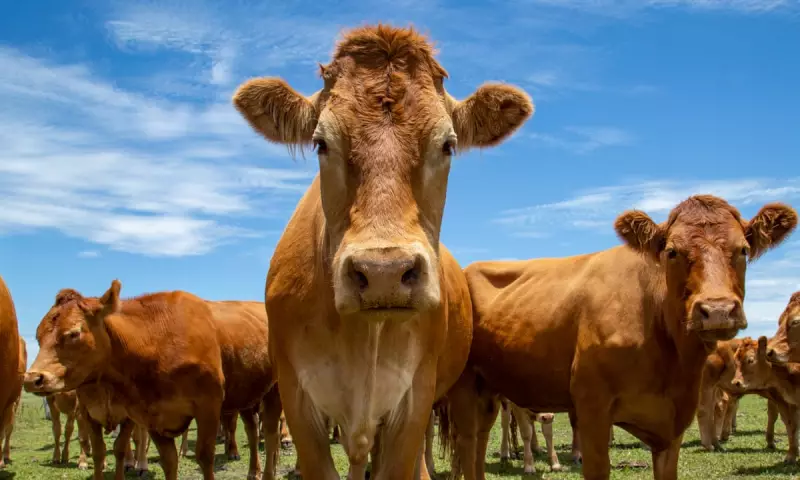
In a significant policy reversal, former US President Donald Trump has signed an executive order removing tariffs on key Australian food imports, including beef. The decision, made during Australian morning hours on Saturday, marks a departure from the administration's previous stance that import duties were not contributing to rising inflation.
A Welcome Relief for Australian Exporters
The Australian government has warmly welcomed the move, which eliminates a 10% export duty applied to most goods, including beef, since April. Trade Minister Don Farrell stated the government had consistently maintained that tariffs constituted "an act of economic self-harm" that ultimately forced American consumers to pay higher retail prices.
"We welcome the removal of tariffs on Australia's world-class agricultural exports, including beef," Farrell said. "We maintain our position that tariffs on any Australian products are unjustified, and continue to advocate for their removal."
The economic impact is substantial. Australia exports approximately $4 billion worth of beef to the US annually, making it the nation's second-largest export to the US after non-monetary gold last year.
Broader Economic Implications and Market Dynamics
In the executive order, President Trump conceded that "current domestic demand for certain products, and current domestic capacity to produce certain products" influenced the decision, acknowledging pressure over rising consumer prices.
Analysts noted that the previous tariff regime had, paradoxically, given Australian producers an advantage. Angus Gidley-Baird, a senior analyst at Rabobank, explained that Australian duties were lower than those imposed on major competitors like Brazil.
However, Gidley-Baird suggested Australian beef producers might not see an immediate surge in demand. "The US market is so strong and their local production is so slow" following droughts in 2022 and 2023, he noted. The larger question, he said, is the longer-term outlook if tariffs were to be reintroduced and US herd production rebounds.
A Step Towards Freer Trade
Economists broadly viewed the tariff removal as a positive development for the global trading system. Richard Holden, a Scientia Professor of Economics at the University of New South Wales, emphasised that while Australia may have benefited relative to other nations, Trump's tariffs had "shrunk the overall global trading system that's served all countries, particularly Australia, so well."
"So anything that pushes back towards where we were in terms of free trade is really good for everyone, Australia included," Holden added.
The trade relationship between the two nations is deeply interconnected. In 2024, the US was the fifth largest destination for Australian goods, with $23.8 billion of exports, and the second largest source of imports, with $50.5 billion of products received.
Jenny Gordon, an honorary professor at the ANU, pointed out that because Australia runs a trade deficit with the US, the tariffs did not have a large direct effect on the local economy. "What we're more concerned about is that indirect effect on our economy," she said. "Anything that's in that right direction, we're grateful for."
Will Evans, Chief Executive of Cattle Australia, joined industry leaders in welcoming the tariffs' removal, highlighting the significance of the $4 billion annual beef trade with the United States.





